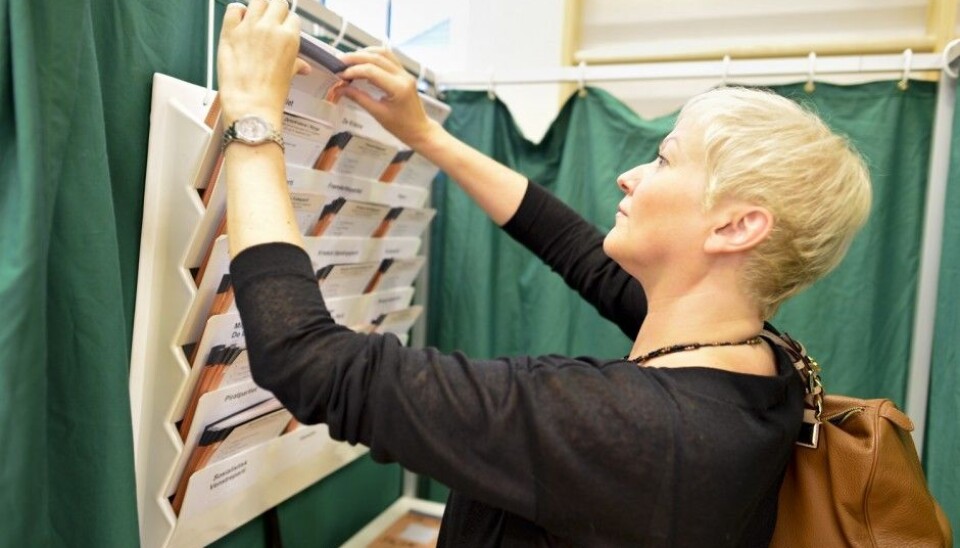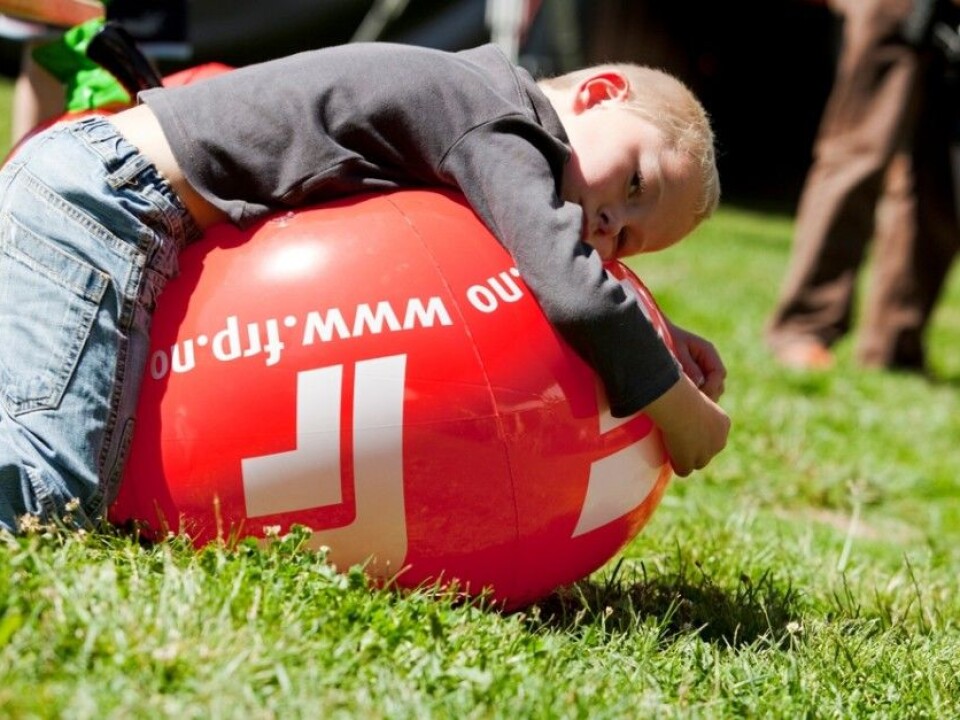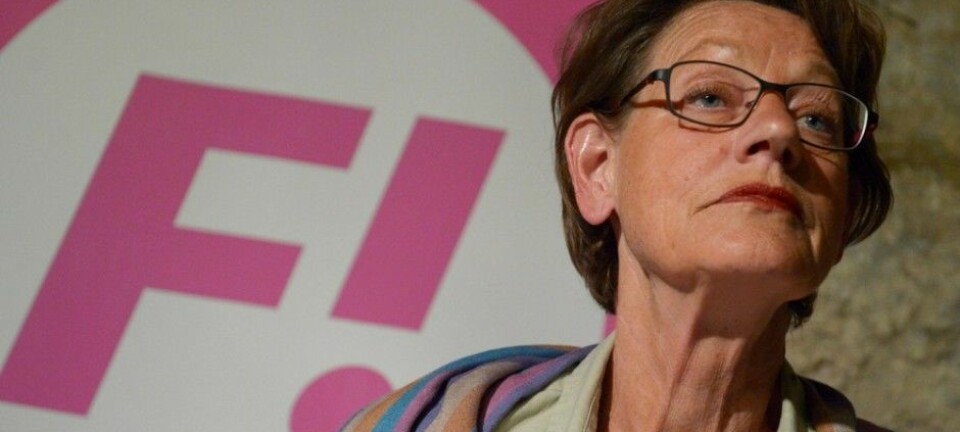
Who’s talking politics in Norway?
Good old political discourse is holding up even with all the new media. But the media pays little attention to interpersonal political conversations.
Denne artikkelen er over ti år gammel og kan inneholde utdatert informasjon.
With various media filling more and more of our daily lives, it is perhaps striking how many Norwegians are still discussing politics among themselves, especially before an election.
Approximately one in four Norwegians talks about politics every day before a parliamentary election, and only 8 per cent never talk politics.

Norwegians even appear to be talking a little more with each other about politics now than a few decades ago, according to a study that has followed all the parliamentary elections from 1969 to 2009.
A lot has changed in 40 years
The most important change that is relevant to political engagement is probably the education boom. Professor Emeritus Ragnar Waldahl at the University of Oslo, who has conducted the study, says more Norwegians have attained a higher level of education in the last few years.
But the biggest difference from 40 years ago is that more of the over-60 crowd are now joining in the political dialogue. Participation is steadily spreading out more evenly across age groups.
Newspaper letters to the editor columns used to be the only written way for most people to participate in political debates. Nowadays, an increasing number of debates take place on Facebook, Twitter, blogs and reader comments in online newspapers.
This doesn’t seem to have dampened the desire to talk politics with others. Researchers don’t see the opposite effect either— that new media has led us to discuss more than before.

And although men still talk politics more than women, that difference is also trending towards a more even distribution between the genders.
The election is the stimulus
The study data show that somewhat more people discuss politics before an election than they used to. The numbers of who say they never discuss politics prior to a parliamentary election are dropping, representing only eight per cent of all Norwegian adults before the 2009 election.
Waldahl analysed data from the Norwegian Program of Electoral Research and found that although voter turnout has decreased and the ties between parties and voters have weakened, the interest in talking with others about politics has not diminished.
Before the 2009 parliamentary elections, 46 per cent of those polled discussed politics a few times a week, and 24 per cent said that they discussed politics every day. Researchers find that members of the Socialist Left Party (SV) are consistently at the forefront of talking politics, followed by Liberal Party (V) voters. The Christian Democrats (KrF) are the least likely to engage in political discussion, but the differences between the parties' voters are not that great.
Waldahl’s study has confirmed that talking with people about politics is a key part of election campaigns in Norway. Often this is forgotten in the campaign’s aftermath as politicians and commentators make their own assessments of what issues were important for voters’ party choices.
Remarkably stable
The most interesting result of this political science research is how stable the political discourse has remained for 40 years.
Norway is a very different country today than it was in 1969. The media, politics, education level, economic and political controversies have all changed significantly.
Nevertheless, says Waldahl, the political conversation between people is alive and well.
————————————————
Read the Norwegian version of this article at forskning.no





































